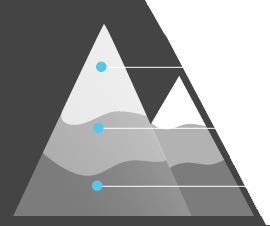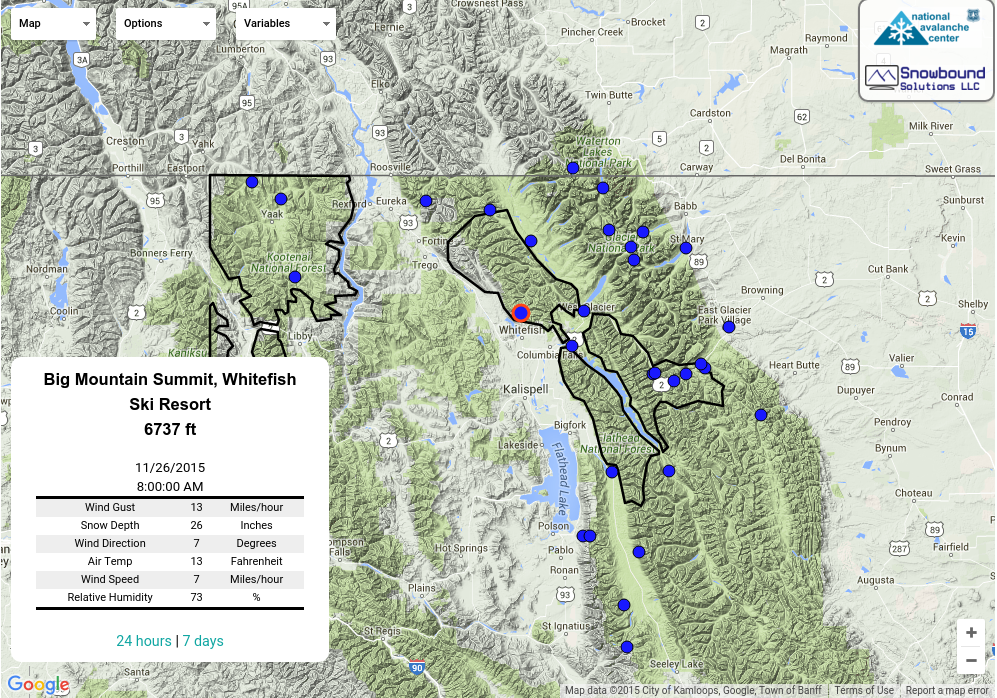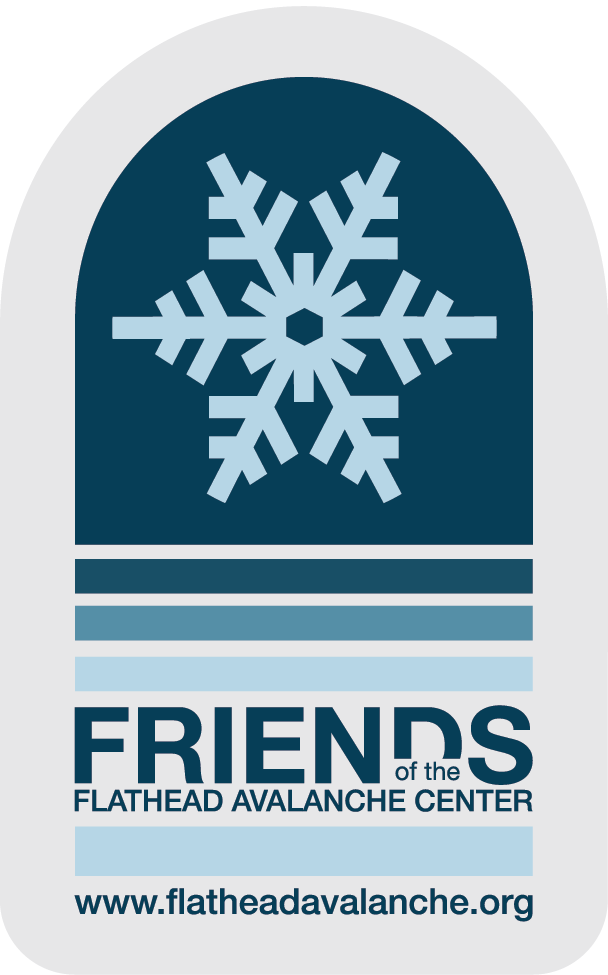| Tuesday | Tuesday Night | Wednesday | |
|---|---|---|---|
| Cloud Cover: | Partly Cloudy | Mostly Cloudy | Mostly Cloudy |
| Temperatures: | 29 to 36 deg. F. | 19 to 24 deg. F. | 24 to 31 deg. F. |
| Wind Direction: | West | Southwest | West |
| Wind Speed: | 27G41 | 23G45 | 36G56 |
| Snowfall: | 0" in. | 2" to 4" in. | 2" to 3" in. |
| Snow Line: | 4000' | 4000' | 2000' |
Whitefish Range
How to read the forecast
Enjoy mostly stable conditions today. Always carry rescue gear and go with a good partner. You may find unstable snow in isolated areas, so use safe travel techniques and keep each other in sight. It’s always a good idea to avoid terrain traps to further reduce the consequences should you trigger a small slide.

1. Low
?
Above 6500 ft.
1. Low
?
5000-6500 ft.
1. Low
?
3500-5000 ft.
- 1. Low
- 2. Moderate
- 3. Considerable
- 4. High
- 5. Extreme
-
Type ?
Have a good partner and use safe travel techniques to hedge your bets against surprises today. In isolated areas you may find wind drifted snow, buried weak layers, or wet snow surfaces. Ride one at a time and keep your buddies in sight, especially on steeper terrain, near convexities, or in chutes and gullies. Avoiding slopes with terrain traps below is always good practice. That will reduce the consequences should you trigger a small slide.
Strong winds have been the headliner for the past couple of days. Observers have been reporting moderate and strong winds since Sunday afternoon. Actual wind slab formation, so far, has been limited because there has been little snow available for transport on windward aspects. A group in the Middle Fork saw blowing snow on the highest peaks yesterday. Zach found small and isolated drifts in John Stevens Canyon. Observers in the Whitefish Range found less blowing snow (example 1, example 2). The Continental Divide and Swan Range picked up a few inches of snow overnight providing a little more fuel for the continuing winds. Fresh slabs may be more widespread in leeward terrain as a result.
Cornices have grown and loom over many ridgelines. Winds slabs are dangerous if you wander onto dense, drifted snow. Cornices are dangerous in and of themselves. Give these giant prows, and the slopes below them, a wide berth.
Temperatures climb near or above freezing into the middle elevations today, with a chance for cloud cover to decrease towards the end of the day. The danger of wet instabilities will hinge on how much loose snow is at the surface. Areas with more soft snow above recent crusts have the highest chance of producing more than a few pinwheels. In places that have seen favored snowfall, like the Swan Range, and on northerly aspects at mid elevations, pay attention to if and how deep the snow is getting moist. If rollerballs start to collect volume, be wary of loose wet avalanches, especially around terrain traps.
In isolated areas, persistent weak layers of surface hoar and near-surface facets have been found under the storm snow from 2/23. They seem to be dormant in most places with no propagation in tests and no recent avalanches on adjacent slopes. If you climb or ride steep, convex, mid-elevation slopes, go one at a time and keep your partners in sight, as insurance against surprises.
Upcoming Avalanche Courses: Level 1 Motorized avalanche course, March 6th-8th. An interactive program covering the fundamentals of avalanche hazards including awareness and stability assessments. Registration Link: https://ace.fvcc.edu/ShowSchedule.awp?&Mode=GROUP&Group=AVAL&Title=Avalanche+Safety
Strong westerly winds and warm temperatures are the theme for today. An upper level jes and surface cold front increase winds into Wednesday with the potential for several more inches of snow beginning tonight and tomorrow. High pressure builds Thursday with much warmer temps and clear skies.
This forecast applies only to backcountry areas outside established ski area boundaries. The forecast describes general avalanche conditions and local variations always occur. This forecast expires at midnight on the posted day unless otherwise noted. The information in this forecast is provided by the USDA Forest Service who is solely responsible for its content.










